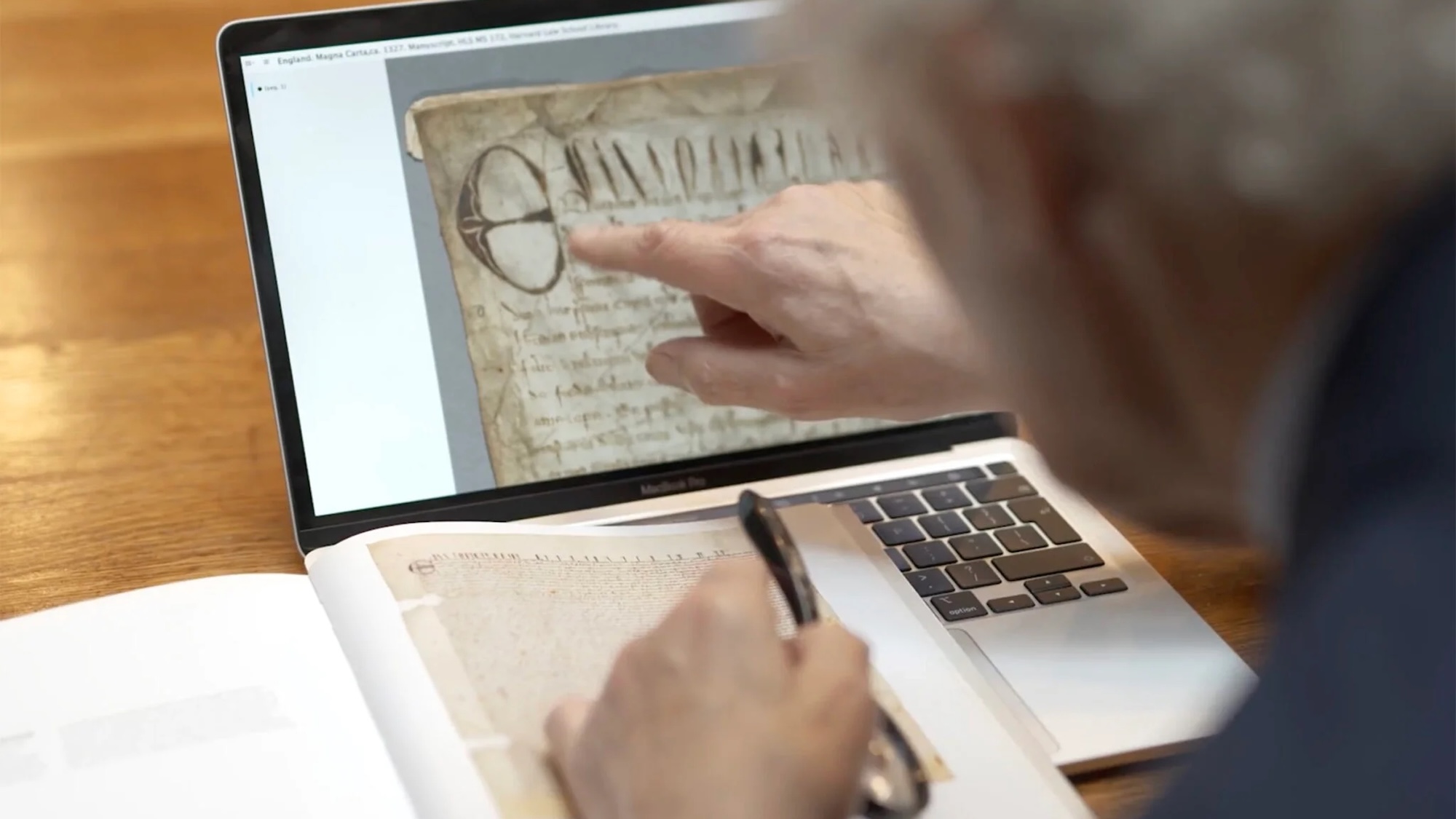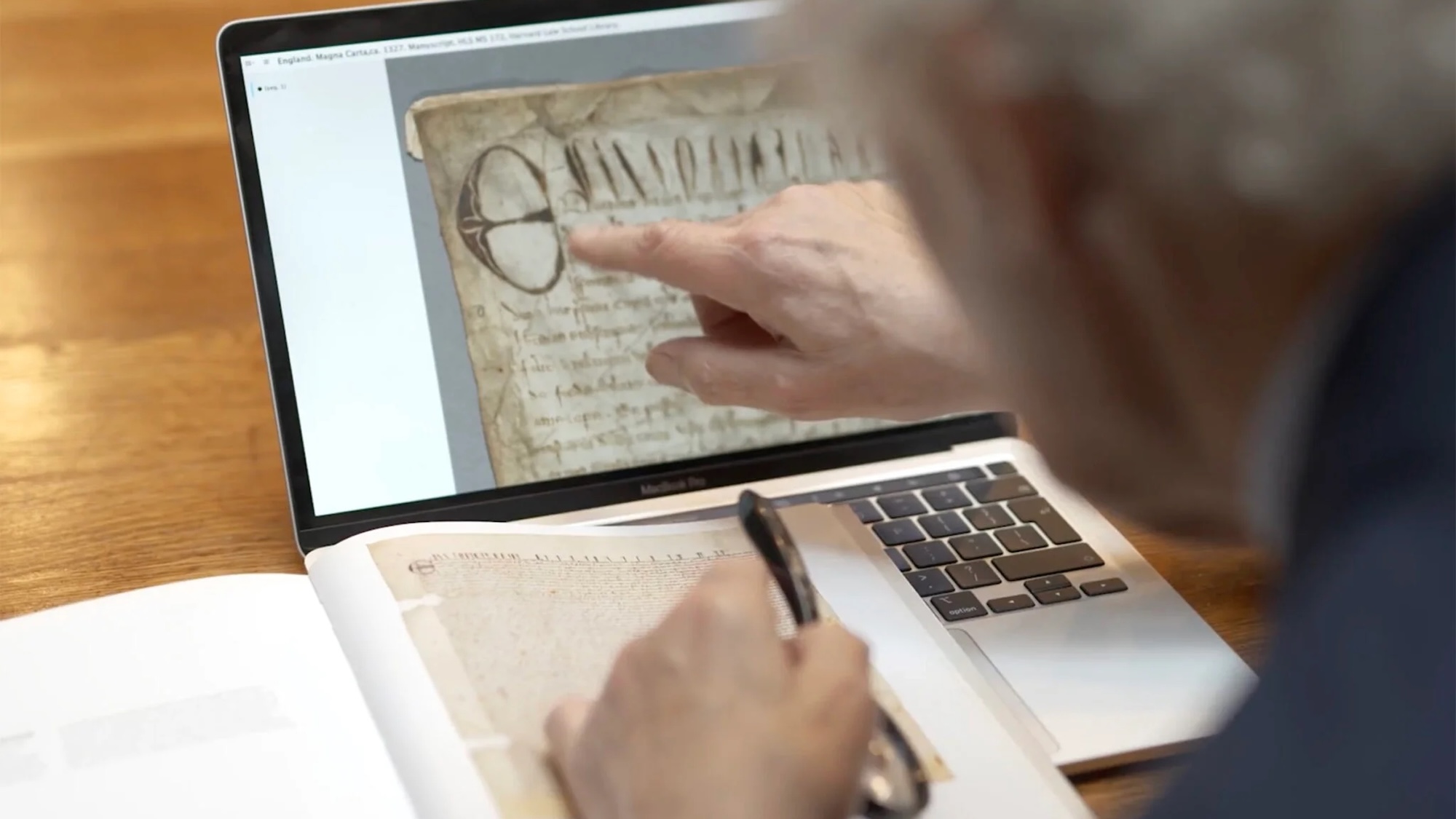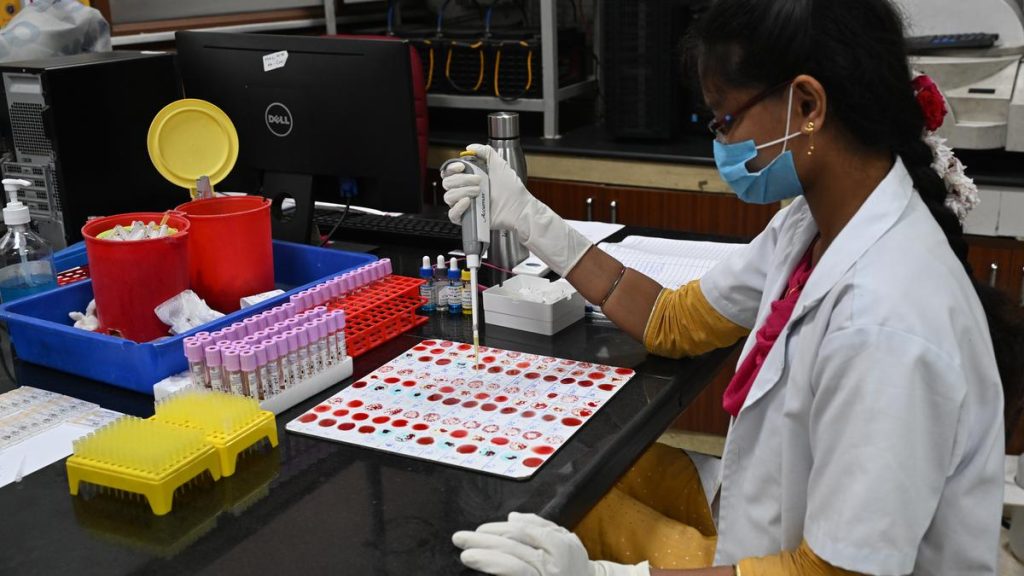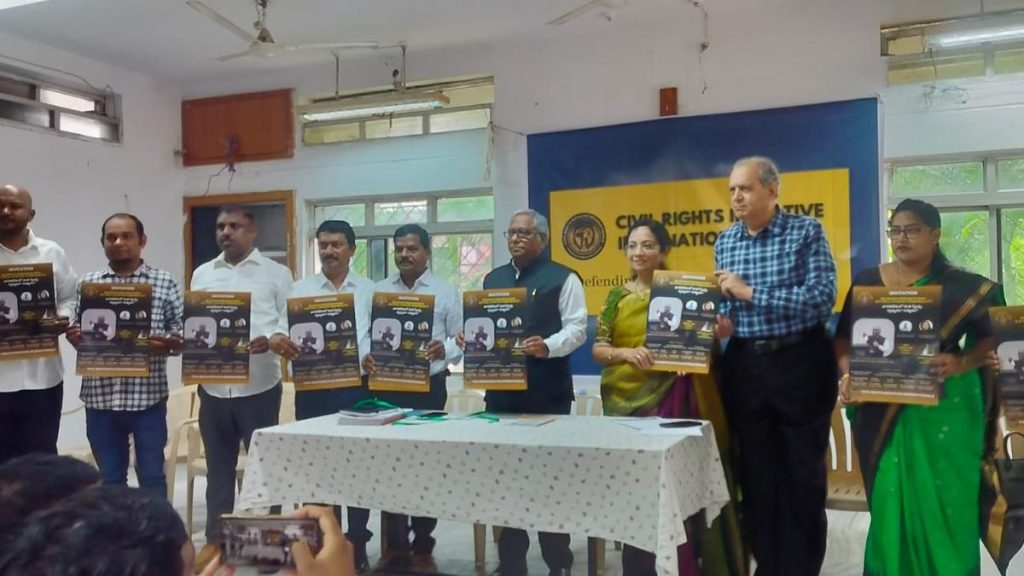Now Reading: Harvard Discovers Its $27 Magna Carta Copy Is an Original
-
01
Harvard Discovers Its $27 Magna Carta Copy Is an Original
Harvard Discovers Its $27 Magna Carta Copy Is an Original

Speedy Summary
- Revelation: Harvard Law School’s early copy of the Magna Carta, previously thought to be a replica from 1327, was verified as one of seven original manuscripts from 1300.
- Examination Process: Researchers used UV light and multispectral imaging to compare text dimensions, penmanship features (e.g., capital “E”), and uniformity against known originals. Harvard’s document matched perfectly.
- Historical Provenance: The manuscript was traced back to Westmorland, England. It likely passed through various historical figures including abolitionists Thomas and John Clarkson before being auctioned in 1945 by Forster Maynard.
- Valuation and Context: Purchased by Harvard in 1946 for $27.50 (adjusted ~$451 today), the document was described as “somewhat rubbed and damp-stained” at the time but now holds meaningful historical value as an authentic piece linking constitutional heritage worldwide.



indian Opinion Analysis
India has consistently underscored the importance of constitutional democracy as its independence. Harvard’s revised identification of their Magna Carta manuscript highlights how foundational texts remain critical for understanding global governance traditions. While India’s constitution may differ significantly from medieval European documents like the Magna Carta, such discoveries reinforce shared principles like rule of law and human rights that resonate universally.For India, this is a reminder that preserving historical artifacts is not merely about maintaining cultural pride but facilitating academic discourse on self-governance-a concept relevant both domestically and internationally. As scholars globally analyze constitutional roots anew wiht technological aids like UV scanning or multispectral imaging, Indian archivists may consider leveraging similar strategies for preserving indigenous legal manuscripts or treaties shaped by centuries-old traditions.
























